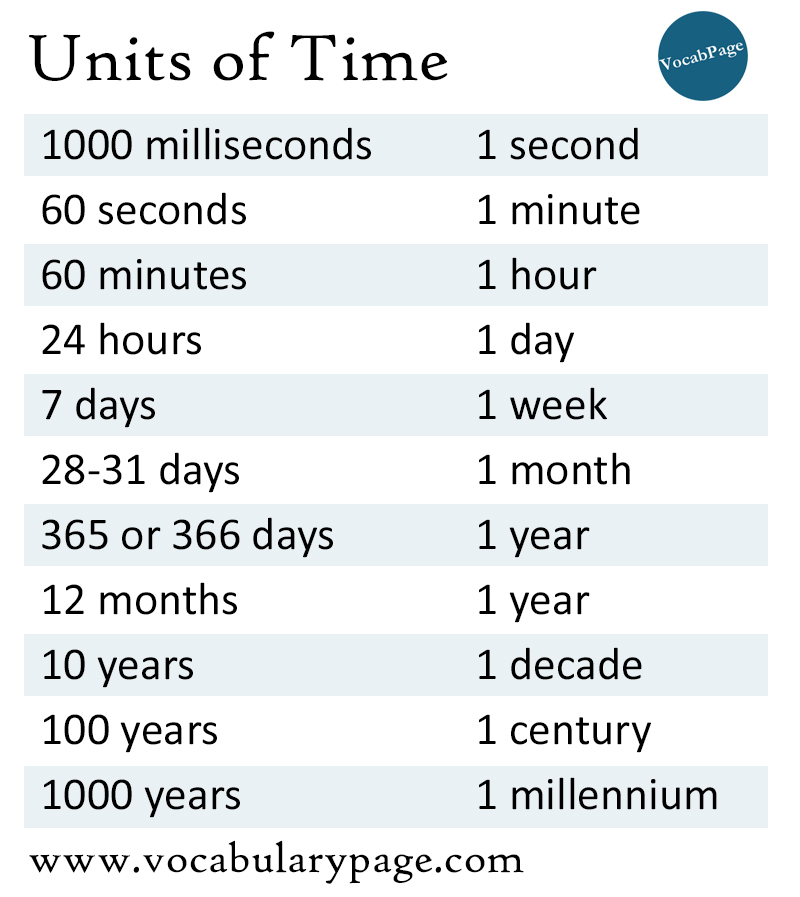Time is an essential aspect of our lives, dictating our schedules, routines, and productivity. Whether you’re planning your week, managing work-life balance, or simply curious, understanding how many hours are in a week is fundamental. This article delves into the concept of a week, explores its historical roots, and provides insights on effectively managing those precious 168 hours.
Key Takeaways
- A week consists of 168 hours, calculated as 24 hours per day multiplied by 7 days.
- Understanding the distribution of hours can aid in better time management and productivity.
- Historical, cultural, and scientific perspectives offer a deeper understanding of the concept of a week.
The Basics: How Many Hours in a Week?

At its core, a week is a time unit consisting of 7 days. Each day has 24 hours, making the total number of hours in a week 168. This straightforward calculation is essential for scheduling, planning, and understanding the allocation of time in various aspects of life.
The Breakdown of a Week
To further understand the structure of a week, let’s break it down:
- Days in a Week: 7 days
- Hours in a Day: 24 hours
- Total Hours in a Week: 7 days x 24 hours = 168 hours
Historical and Cultural Perspectives
The concept of a week has deep historical and cultural roots. The seven-day week is believed to have originated in ancient Mesopotamia, where it was linked to the lunar calendar and the phases of the moon. Each day of the week was associated with celestial bodies, a tradition that continues in many cultures today.
Over time, the seven-day week was adopted by various civilizations, including the Romans and early Christians. It eventually became a standard time unit used worldwide, transcending cultural and religious boundaries.

Why Seven Days?
The choice of seven days for a week is not arbitrary. It is believed to be influenced by the lunar cycle, which spans approximately 29.5 days. Dividing this cycle into four parts results in weeks of about seven days each. This division aligns with the four primary phases of the moon: new moon, first quarter, full moon, and last quarter.
The Science of Time Management
Understanding the number of hours in a week is crucial for effective time management. With only 168 hours available, it’s essential to allocate time wisely to balance work, leisure, and personal activities. Here are some tips for managing your time effectively:

Prioritize Tasks
Start by identifying and prioritizing your most important tasks. Focus on completing high-priority activities first to ensure that critical responsibilities are addressed.
Create a Schedule
Developing a weekly schedule can help you visualize how your time is distributed. Allocate specific time blocks for work, leisure, exercise, and relaxation to maintain a balanced lifestyle.
Set Realistic Goals

Setting achievable goals is essential for maintaining motivation and productivity. Break larger tasks into smaller, manageable steps to prevent feeling overwhelmed.
Utilize Technology
Take advantage of technology to enhance your time management skills. Use digital calendars, task management apps, and reminders to stay organized and on track.
The Impact of Time on Productivity
Understanding how to effectively use the 168 hours in a week can significantly impact your productivity. By managing your time wisely, you can achieve a better work-life balance, reduce stress, and increase overall satisfaction.
Work-Life Balance
Achieving a healthy work-life balance is crucial for well-being. By allocating sufficient time for work, family, hobbies, and rest, you can enhance your quality of life and prevent burnout.
Maximizing Efficiency
Efficiency is key to making the most of your 168 hours. Focus on minimizing distractions, delegating tasks when possible, and optimizing your work environment to boost productivity.
Understanding how many hours are in a week is fundamental for effective time management and productivity. With 168 hours at your disposal, it’s essential to allocate time wisely to achieve a balanced and fulfilling life. By prioritizing tasks, creating a schedule, and setting realistic goals, you can make the most of your time and enhance your overall well-being.
Whether you’re planning your week, exploring historical perspectives, or seeking to improve productivity, the concept of a week and its 168 hours offers valuable insights into the essence of time. Embrace these insights to lead a more organized, efficient, and balanced life.